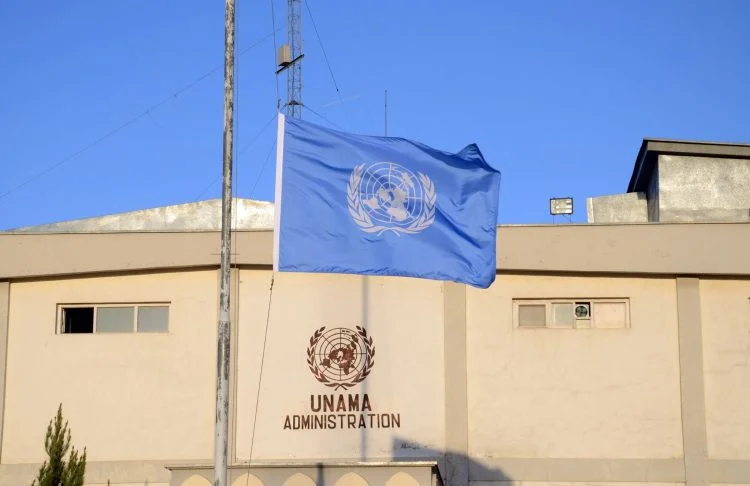On World NGO Day (February 27, 2025), global human rights advocates highlighted India’s systematic suppression of human rights organizations and social workers, raising concerns over the erosion of democratic values in India today. The Narendra Modi-led government has intensified its crackdown on civil society, press freedom, and human rights activism, with restrictive laws and targeted legal actions threatening fundamental freedoms.
A Decade of Suppression: The FCRA Crackdown in India Today
Since 2011, the Indian government has canceled the Foreign Contribution Regulation Act (FCRA) licenses of over 20,700 NGOs, significantly hampering humanitarian and social service efforts across the country. The law, designed to regulate foreign funding of non-governmental organizations, has been weaponized against those advocating for human rights, minority rights, and environmental protection.
Prominent organizations such as the Centre for Policy Research and Christian charity World Vision India have lost their licenses under the FCRA, crippling their operations and leaving thousands without essential aid.
Expanding State Control: New Laws and Surveillance
In July 2024, the Indian Parliament enacted three contentious laws:
- Bharatiya Nyaya Sanhita (Criminal Law Code)
- Bharatiya Nagarik Suraksha Sanhita (Code of Criminal Procedure)
- Bharatiya Sakshya Adhiniyam (Evidence Act)
These laws expand police powers, weaken safeguards against arbitrary detention, and raise concerns over judicial independence and freedom of expression. Human rights activists warn that these legal changes will enable further state repression and facilitate targeted crackdowns against civil society actors.
Weaponization of Anti-Terror Laws Against Dissent
India’s controversial Unlawful Activities (Prevention) Act (UAPA) continues to be widely misused against human rights defenders, journalists, and religious minorities. Individuals and organizations reporting on religious persecution or government misconduct are frequently arrested under vague charges of national security threats.
- Over 100 journalists have been arrested or investigated since 2014, many accused of sedition or terrorism for criticizing government policies.
- Internet shutdowns in India reached 84 instances in 2023, marking the sixth consecutive year the country topped global rankings for digital repression.
Democratic Backslide in India Today
India’s rank on the Democracy Index dropped to 46th in 2023, categorizing it as a “flawed democracy” according to the Economist Intelligence Unit. Human rights groups, including Amnesty International and Human Rights Watch, have condemned India’s authoritarian shift, citing mass surveillance, legal harassment of activists, and media suppression.
Religious and Caste-Based Violence: A Crisis Unfolding
India has witnessed a surge in religious and caste-based violence, particularly targeting Muslims and Dalits:
- A 26-year-old Muslim migrant worker was lynched in Haryana, reflecting a growing climate of intolerance.
- A Dalit woman was brutally beaten by railway police, highlighting caste-based violence.
- Hate crimes against minorities have risen by over 300% in some regions, with critics facing state-backed persecution.
The ethnic violence in Manipur remains a humanitarian disaster, with:
- Over 200 people killed and 60,000 displaced since May 2023.
- The Modi government accused of inaction, failing to protect vulnerable communities.
Extrajudicial Killings and Custodial Deaths
State violence has intensified under Modi’s leadership, with 1,679 deaths recorded in police and judicial custody in 2024 alone. Additionally, 93 extrajudicial killings have been documented, exposing systematic abuse of power by security forces.
Also See: Hate Speech Against Minorities In India Increased by 74% In 2024, Research Group Reports
A Shrinking Space for Civil Society
The Modi government’s crackdown on NGOs has resulted in:
- Severe setbacks in human rights advocacy, healthcare, education, and poverty alleviation.
- International funding restrictions limiting the ability of civil society groups to function.
- Continued use of repressive laws, including FCRA, UAPA, and sedition laws, to silence critics.
Global Response and the Road Ahead
As international pressure mounts, global organizations have called for greater scrutiny of India’s democratic decline. With the upcoming 2024 general elections, India stands at a critical juncture, where the fate of its civil liberties, press freedom, and human rights protections hangs in the balance.
For many activists and human rights defenders, the world’s largest democracy is becoming increasingly unrecognizable—a state where dissent is criminalized, media is muzzled, and civil society is suffocated.






